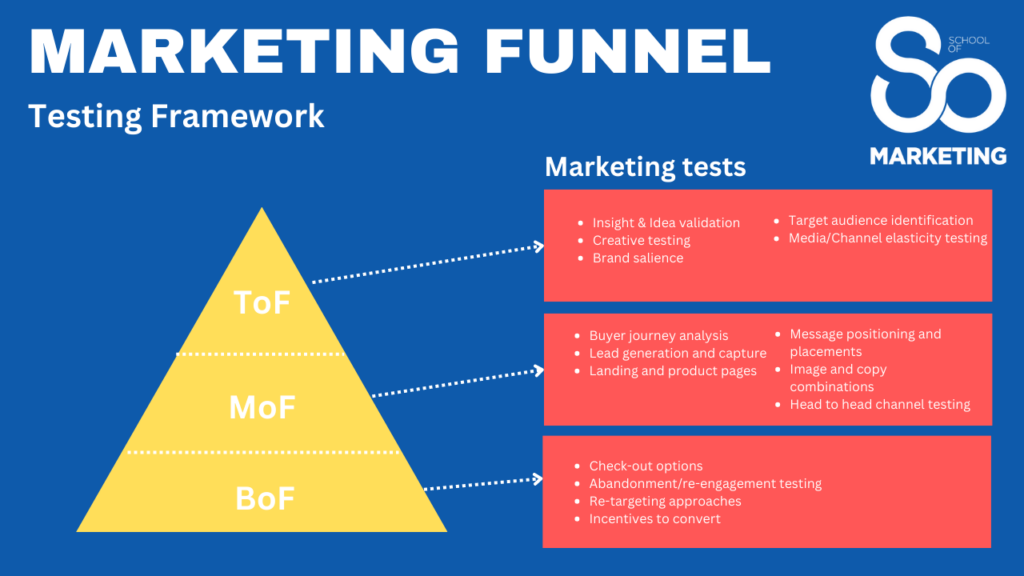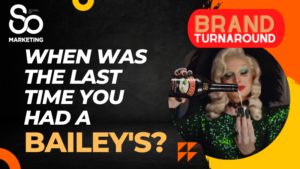Who would have thought that guessing is a crime? But, according to the latest campaign from Attest, a research platform, it is.
According to their research, 53 to 73% of marketers feel that their departments rely on guesswork over evidence when making decisions.
Jeremy King, CEO of Attest, aims to rid the marketing world of heinous crimes like acting on impulse and gut feeling.
He says, “When I was just starting to dream up the idea for Attest, I was shocked to see that many businesses consistently fail to make decisions with anything like the inputs, objectivity and rigour that science demands – often using pure guesswork.”
Following your nose leads to personal bias
No doubt, simply following your nose can lead to failure. “Personal bias can derail even the greatest of experiments, resulting in massive, costly mistakes and error-filled conclusions,” says King.
There is much truth in the campaign. However, the best companies can marry insight, intuition, foresight and execution.
Insights to consider
Attest uncovered a range of insights we, as marketers, must consider in today’s environment. Including:
- Do not assume consumers will give you loyalty
- The initial interaction with a brand (online and offline) is critical for the relationship; focus on this and get it right!
- If a brand is embroiled in controversy, such as a racist accusation, it can lead to a boycott.
The benefits of testing each element of a campaign are:
- Proving the effectiveness of your marketing activities
- Reduce wastage of funds and resources on things that won’t work
- Test new ideas
- Optimise existing activities and assets to gain maximum performance
- Learn and iterate on ideas and tactics
- Be able to justify decisions
Testing at each stage of the marketing funnel
Now it’s worth saying that insight and testing must happen at every stage of the process and the funnel.
For example, it was recently reported that Unilever had achieved a 900% increase in sales since launching its Dirt is Good campaign. The global platform has boosted sales from €400m (£354m) a year two decades ago to €4bn (£3.54bn) a year today.
The FMCG giant uncovered the core insight around the campaign using the sense that they derived from ethnographic research, amongst other forms.
On the other hand, we know that small A/B tests to product pages, landing pages, buyer journeys, check-out options, colour tweaks, message placements, and image and copy combos, to name a few can have dramatic effects on performance.
For example, Google famously tested 41 shades of blue in their logo before landing on the optimal one.
Marketing testing framework
The Attest campaign is an excellent reminder that a marketer’s job is undoubtedly part scientist. So go forth and experiment, investigate and iterate your way to better performance. And take the guesswork out of the equation. To help, here is a helpful template on tests you should run to varying marketing funnel stages.

















